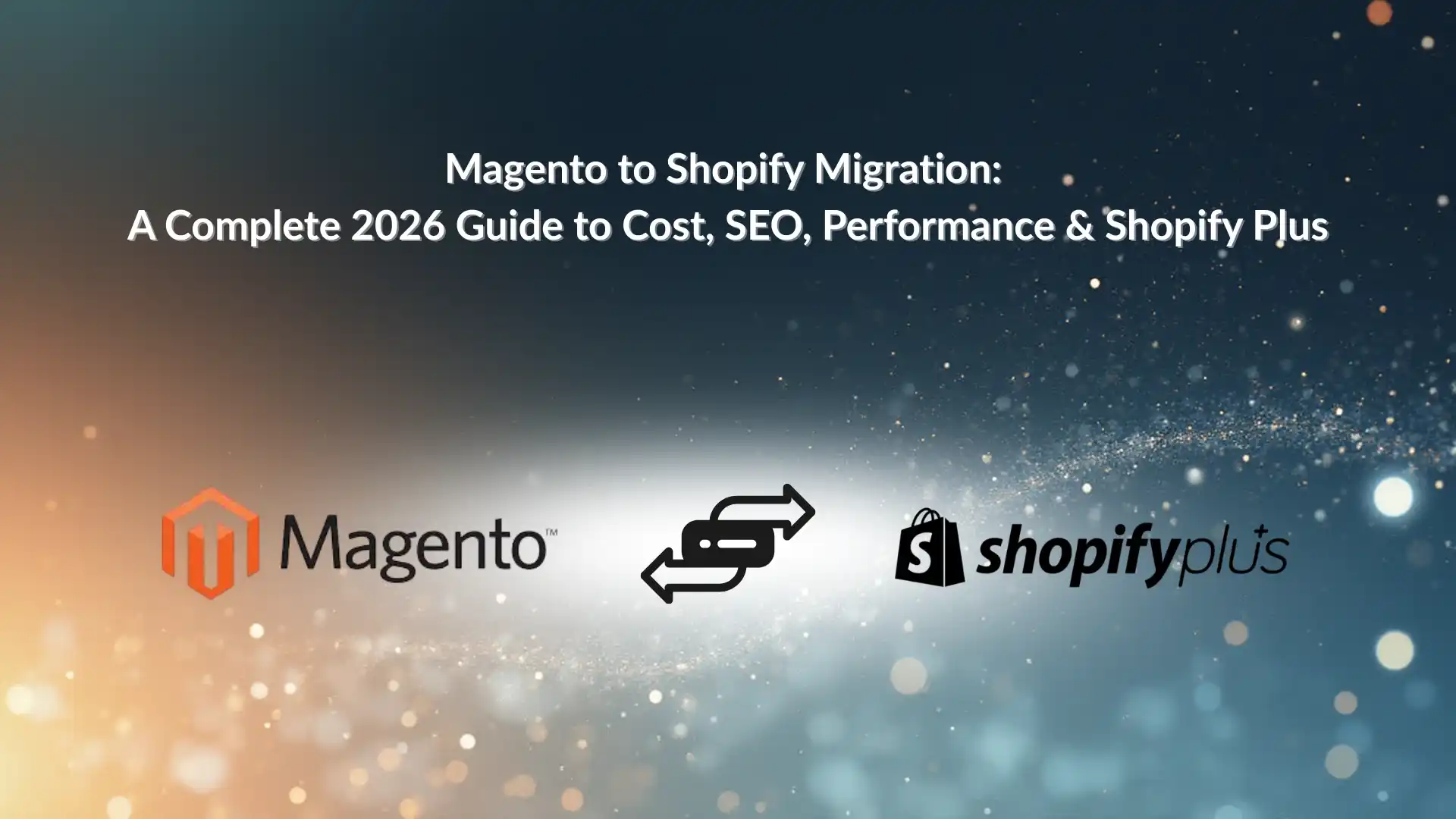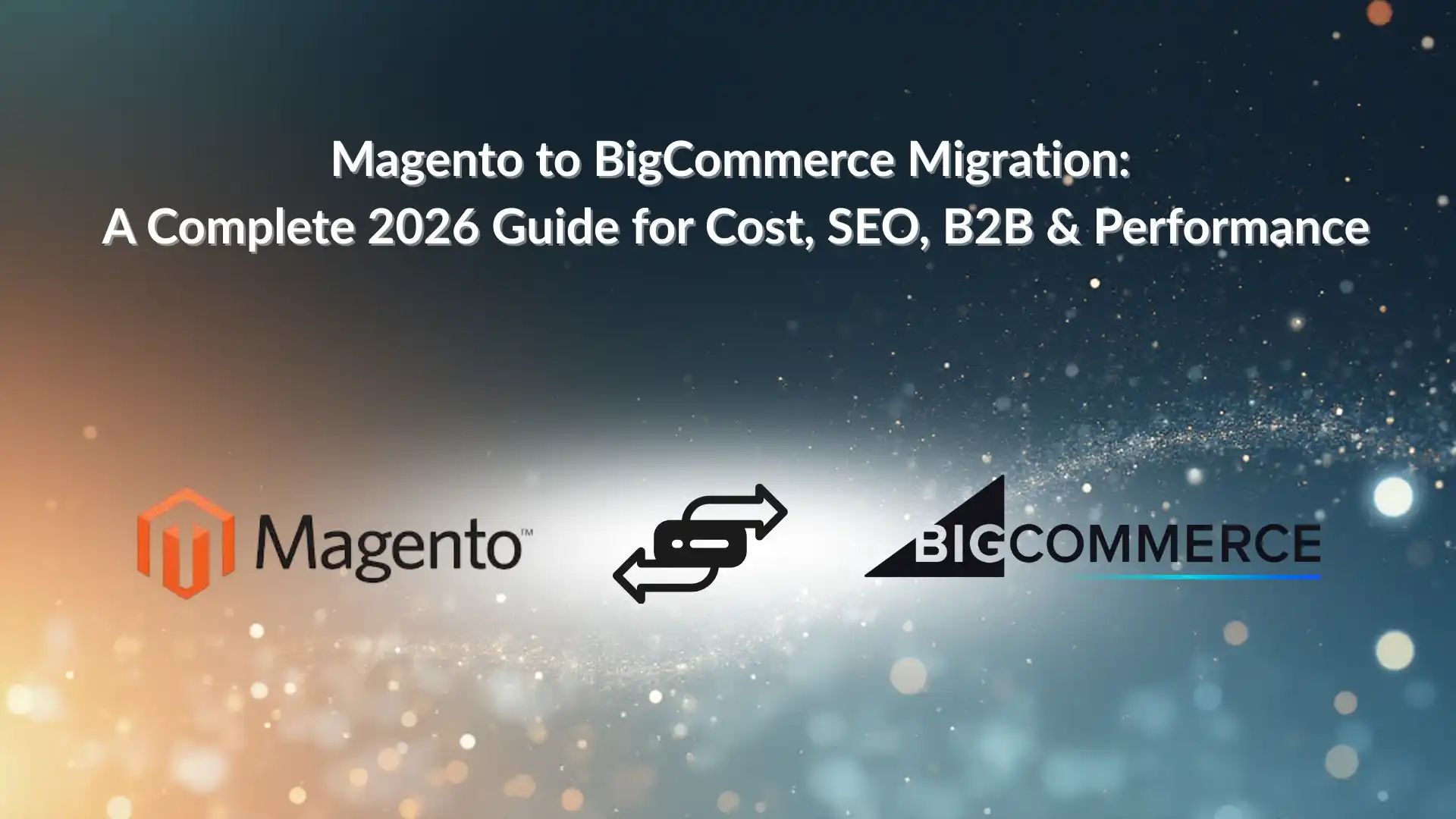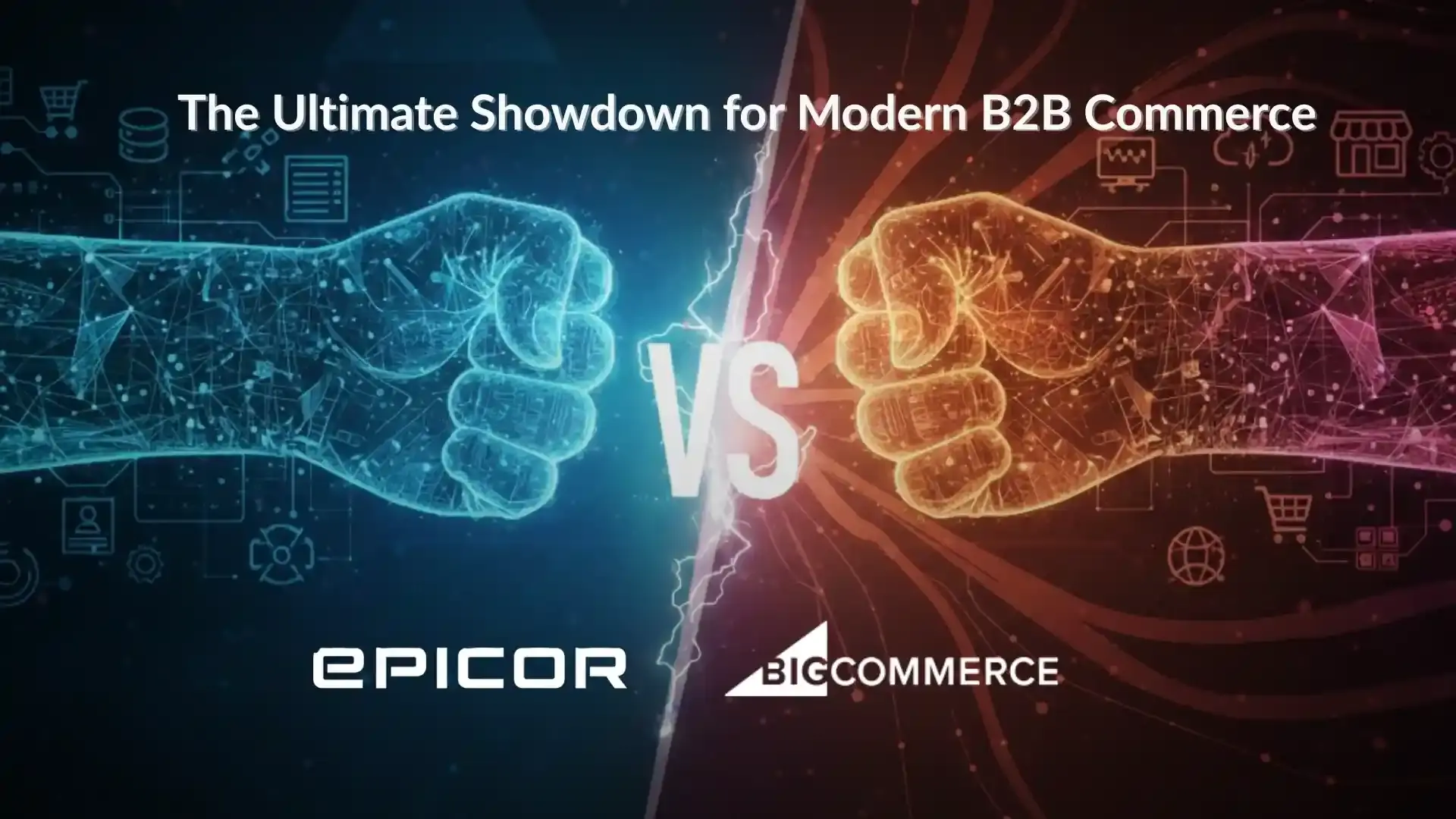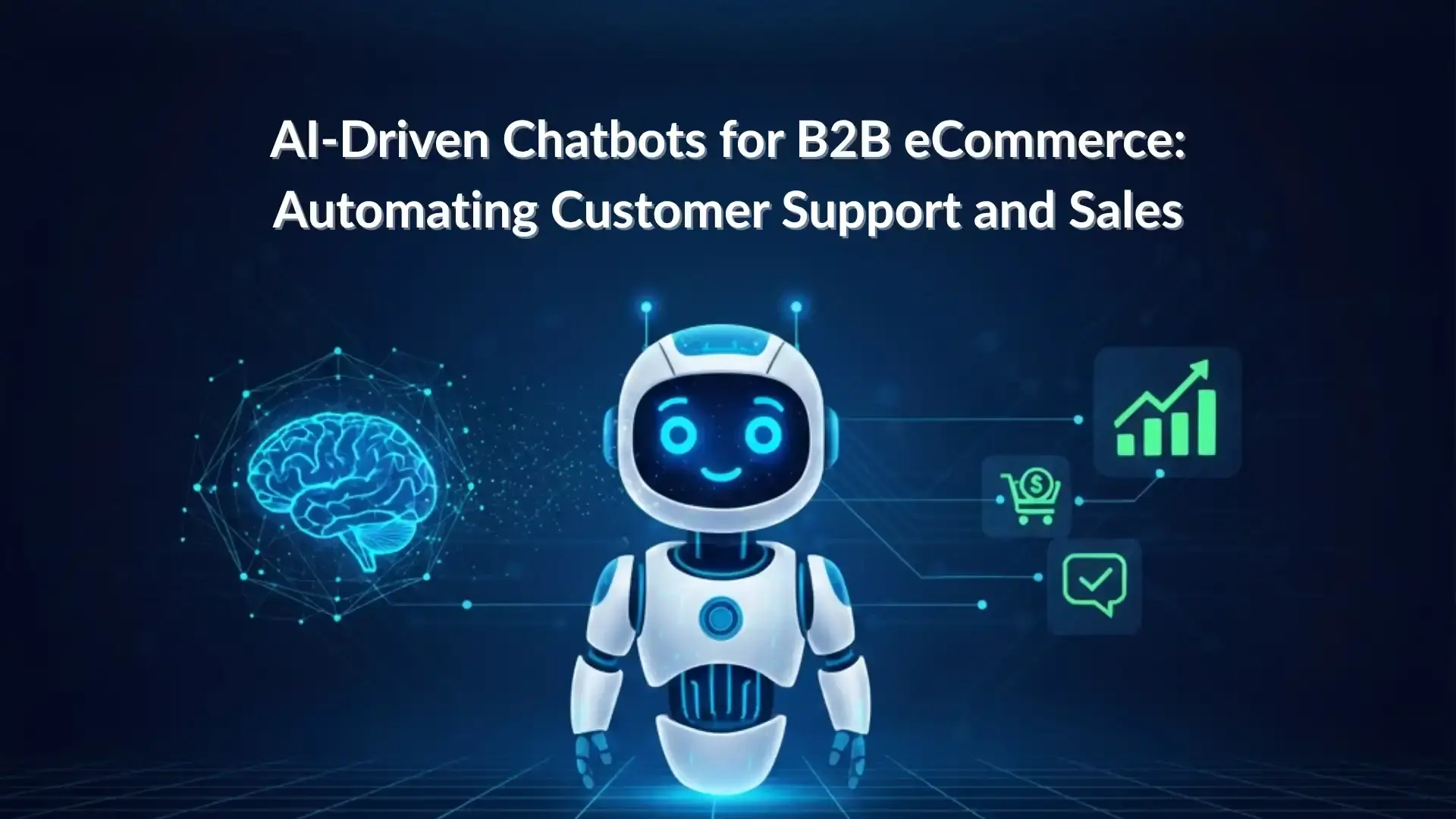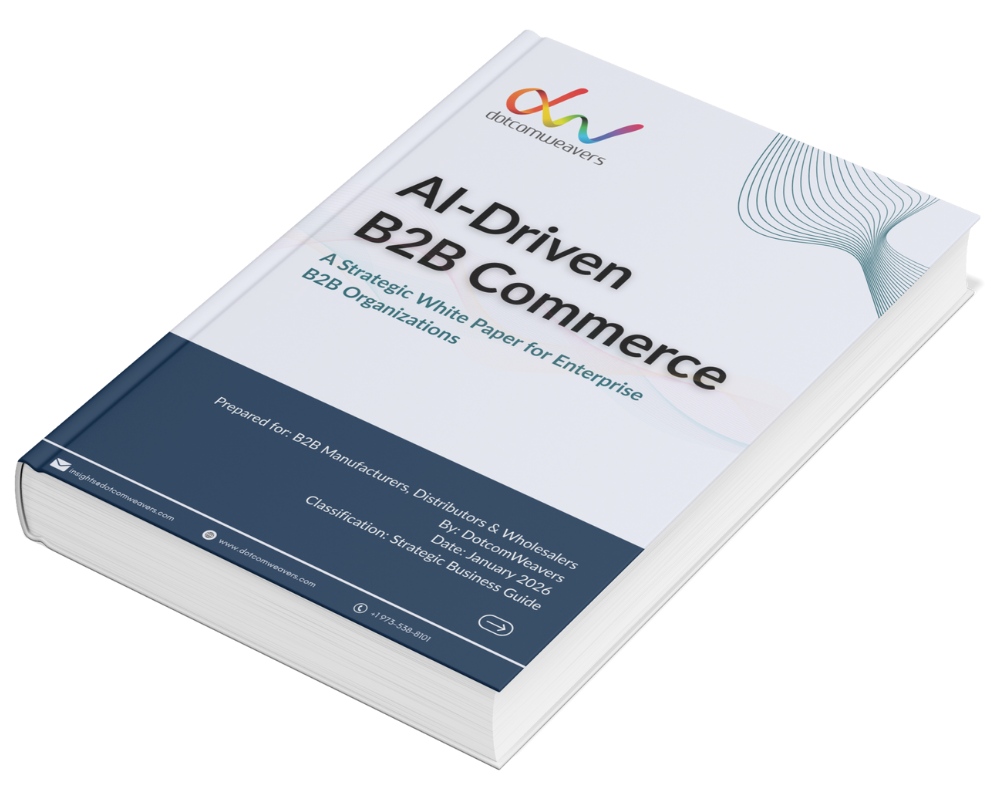
Trusted by top brands for 15+ Years
We partner with industry leaders to deliver exceptional results and drive growth. Our commitment to excellence has earned the trust of top brands across various sectors. Experience the difference that comes from working with a proven partner in eCommerce success!







Get a Personalized Approach to eCommerce Optimization

B2B Commerce
Create engaging B2B Commerce with custom integrations, seamless workflows, and real-time data.

Custom Integrations
Fully leverage your eCommerce tech stack with our custom integrations offering you a 360 degree view of your business.

Managed Support
Focus on growing your business while we ensure optimal performance and security.

Digital Marketing
Improve ROAS or boost conversions with our custom and collaborative marketing approach.
eCommerce INSIGHTS
Industry relevant eCommerce news, whitepapers and optimization guides.
Receive a Personalized Consultation for your eCommerce Growth
We would appreciate it if you shared some information about yourself and one of our experts will get back to you as soon as possible. Thanks!




